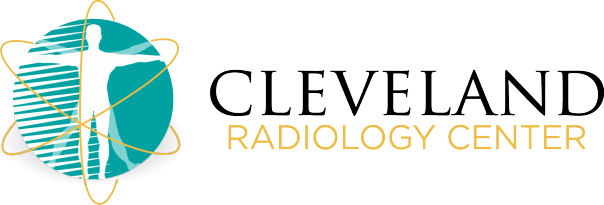Deadly hypertension, additionally called hypertensive emergency, is a severe kind of high blood pressure that can have life-threatening consequences otherwise without delay dealt with. This condition is defined by an unexpected and also considerable increase in blood pressure, resulting in harm to important body organs, such as the heart, brain, kidneys, and eyes. In this write-up, we will look into the reasons, symptoms, and therapy options for deadly hypertension.
Causes of Malignant Hypertension
The specific cause of deadly hypertension is commonly vague. Nevertheless, there are a number of elements that can contribute to its development:
- Unrestrained High Blood Pressure: People with inadequately taken care of or uncontrolled high blood pressure are at a greater risk of developing malignant hypertension. If the blood pressure continues to be regularly elevated over a long period, it can result in the sped up progression of the problem.
- Hidden Kidney Disease: Certain kidney illness, such as chronic kidney condition or renal artery constriction, can boost the possibility of establishing deadly hypertension. These conditions can hinder crema variquit precio the kidneys’ capacity to control high blood pressure effectively.
- Medication Non-Compliance: Failing to follow suggested hypertension medicines can contribute to the growth of malignant hypertension. It is essential to take medications as advised by medical care professionals to control high blood pressure degrees.
- Illegal Drug Usage: Certain immoral drugs, such as drug or acuflex for ear price amphetamines, can activate an abrupt and also extreme boost in high blood pressure, leading to deadly high blood pressure.
- Pregnancy: Malignant hypertension can periodically occur during pregnancy, a problem called preeclampsia. This significant problem requires instant medical focus to shield both the mother and the baby.
Symptoms of Malignant High Blood Pressure
Malignant hypertension can show up with a range of signs and symptoms, which might vary depending on the influenced organs:
- Serious Headache: One of the most usual symptoms of malignant hypertension is a serious and also persistent migraine. The headache may be accompanied by visual disruptions, such as obscured vision or short-term loss of vision.
- Lack of Breath: As the problem advances, people may experience difficulty breathing or shortness of breath. This can indicate that the heart or lungs are being impacted by the hypertension.
- Breast Discomfort: Deadly high blood pressure can cause chest discomfort, rigidity, or discomfort. This signs and symptom might be a sign of a cardiac arrest or various other heart issues.
- Neurological Signs And Symptoms: Individuals might experience neurological signs and symptoms, including complication, wooziness, seizures, or even loss of consciousness. These signs and symptoms suggest that the mind is being affected by the problem.
- Abnormalities in Urination: Some people with deadly hypertension might observe modifications in urination patterns, such as increased frequency or decreased urine outcome. This can be an indicator of kidney damage.
- Visual Changes: Vision issues, such as obscured vision, double vision, or perhaps vision loss, may take place as a result of the influence of deadly high blood pressure on the eyes.
Treatment of Malignant High Blood Pressure
Deadly hypertension is a clinical emergency situation that calls for immediate therapy to avoid further organ damage as well as possible deadly difficulties. The primary goals of treatment include:
- High Blood Pressure Control: The immediate emphasis is to reduce the blood pressure securely and also progressively. Medications, such as intravenous antihypertensive medications, are typically carried out in a hospital readying to accomplish speedy high blood pressure decrease.
- Body organ Protection: As malignant hypertension can harm several organs, it is crucial to evaluate and handle any kind of issues. For instance, if the kidneys are affected, medications as well as treatments may be called for to protect kidney function.
- Underlying Reason Identification: Determining and resolving the underlying cause of malignant high blood pressure is necessary to avoid its reappearance. This might include assessing kidney function, changing drugs, or treating any various other associated clinical conditions.
- Regular High Blood Pressure Surveillance: After the intense phase, individuals with deadly high blood pressure will require recurring monitoring to ensure high blood pressure stays controlled and to prevent future issues.
Verdict
Malignant high blood pressure is a severe problem that demands prompt clinical focus. Motivate medical diagnosis as well as therapy are crucial in stopping further damage to essential organs and reducing the danger of serious difficulties. If you experience signs such as extreme headache, shortness of breath, or neurological modifications, seek clinical help right away. Keep in mind, taking care of hypertension as well as sticking to prescribed drugs can significantly reduce the risk of creating deadly high blood pressure.

Write a comment: